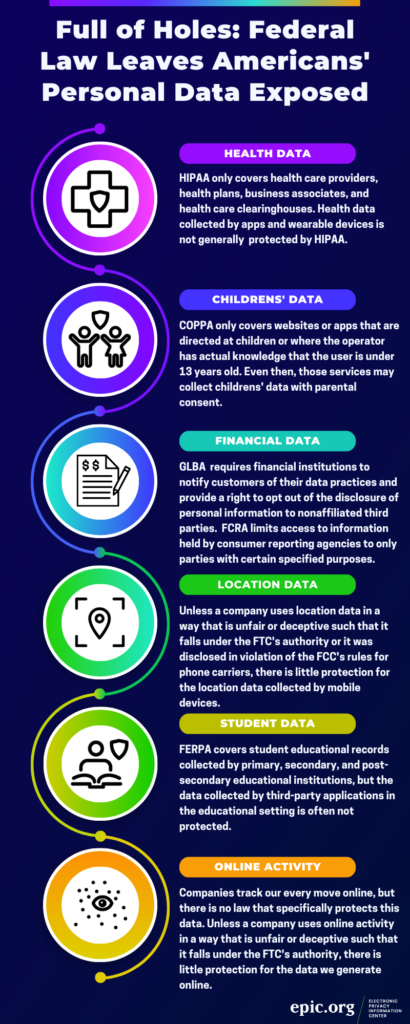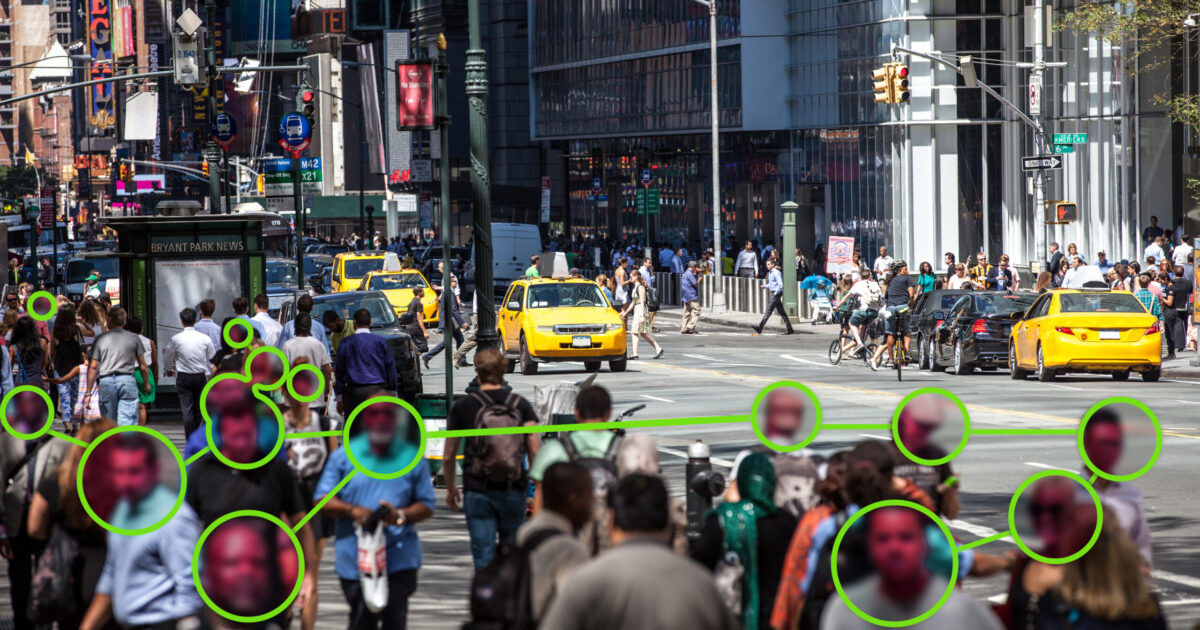What if the world’s states were to come together and create a single world currency? From a purely economic point of view, there would be significant advantages if every nation didn’t operate with its own money but with the same currency. Not only for an individual economy, but for the world economy as a whole, the optimal number of currencies is one. Let’s take a look.
The decisive factor is how this single world currency comes about, and who issues it. In a free market for money—in a natural process—a single world currency would emerge from the voluntary agreements of the market participants: the money demanders would decide which commodity they want to use as money. It is impossible to predict with certainty what the outcome of the free choice of currency would be; after all, it resembles a discovery procedure whose outcome is not known in advance. However, it can be assumed that a commodity currency would be created, that gold or possibly a cryptounit would be chosen as the money base.
However, if states monopolize money production, a single world currency cannot develop through voluntary decision-making. In 2023, several national fiat currencies coexist. But this is not a stable equilibrium. Rather, here too, there is a tendency to create a single world currency—because it is optimal for everyone in the world to trade and calculate with the same currency. This is what democratic socialism takes advantage of.
Creating a single world currency is a means to an end for democratic socialism. Its adherents recognize that a single world state cannot be established directly. The national resistance that would have to be overcome is too great. The detour, the indirect way, by which democratic socialism can achieve its goal is by creating a single world currency under state control. The eurozone can serve as a “model” for this process. We’ve seen nations voluntarily give up their monetary sovereignty and accept a single fiat currency that is issued by a supranational central bank. Within the eurozone, money is no longer controlled by individual national parliaments.
The shared euro currency creates major problems in and between the participating countries. But the forced euro marriage has not yet been through the “divorce courts” because of the high costs of a euro exit and also because the democratic socialists fight any attempts to withdraw from the euro with all political means available to them. The problems created by the single currency are increasingly forcing participating countries into communization. As part of the eurozone, some nations must pay for the national debts of others, and the cost of saving ailing banks from collapse is borne by all taxpayers and money users.
All of the problems of imposing one fiat money across many nation-states only became apparent after the euro community was locked into place—the potential problems received little or no attention beforehand. From the outset, it was not economic rationality that inspired the euro, but political endeavors that can be traced back, unsurprisingly, to…










